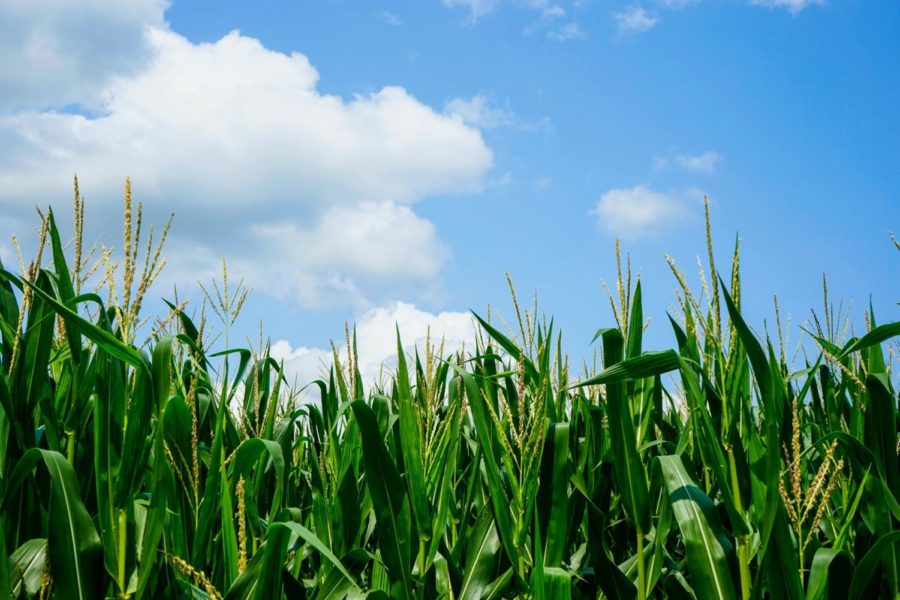Letter: Response to “Why are we still growing ethanol?”
Courtesy of Renee Fisher via Unsplash
Letter writer Monte Shaw responds to a recent Iowa State Daily column and explains why we need corn ethanol.
February 23, 2022
College is a great time to ask questions. That’s what it’s all about, right? Working with professors who have achieved expertise in their field and learning from their experience.
Recently, Iowa State University student and Iowa State Daily columnist Jacob Mauren posed an interesting question: Why are we still growing ethanol?
Instead of talking to ISU experts, Jacob apparently turned instead to Google. As part of his criticism, he cited a federal ethanol blending incentive that was ended over a decade ago (when Jacob was about 10 years old).
Had Jacob consulted the many Iowa State professors and students researching biofuels and bioproducts, he would have learned about the amazing progress that’s occurred over the last two decades. But more importantly, he would have learned that we have just barely scratched the surface of the possibilities of biofuels, bioproducts and their uses. He might want to check out Robert Brown’s “Why are we producing biofuels?” book — it’s out in paperback now. He might want to swing by the ISU Biocentury Research Farm and have Andy Suby show him the breakthrough bioproducts that stem from biofuels production. He’d see BioOil replacing petroleum in everything from asphalt to roofing shingles.
While there will always be critics of farming, all credible sources from the EPA to the California Air Resources Board to the United Nations recognize that corn ethanol reduces GHG emissions. And they’re getting cleaner and more efficient every day. From the biofuel plant to the farm, all stops along the production process are upping their game when it comes to conservation and reducing emissions — often with the help of Iowa State research and outreach.
Now, as Iowa considers three different carbon capture projects, biofuels have the potential to even become carbon negative — taking carbon out of the air and putting it back in the ground. This is something an electric vehicle could never do, even if powered by wind and solar. That’s the answer to Jacob’s question. And that is why Iowa State puts so much effort into researching and improving biofuels and bioproducts.
One last thought: When Jacob is closer to graduation, he may also become more interested in the nearly 46,000 jobs that biofuels production supports throughout the Iowa economy.
Monte Shaw is executive director of the Iowa Renewable Fuels Association.







